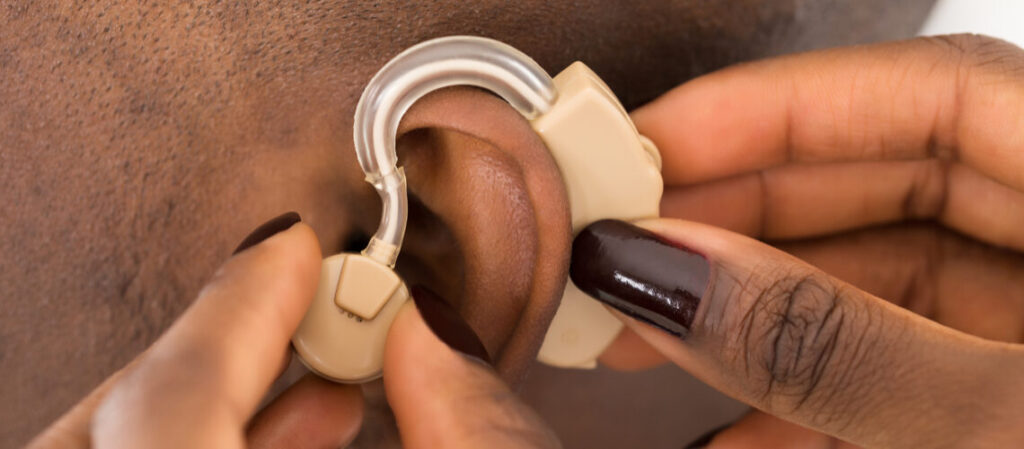WHO Projects Hearing Loss in Africa to Reach 54 Million by 2030
The World Health Organization (WHO) has warned that the number of people in Africa living with hearing loss could rise to 54 million by 2030 if urgent measures are not implemented.
In a report published on Monday, October 7, WHO stated that the current figure of 40 million people with hearing loss costs the continent approximately $27 million annually, significantly impacting lives and economies.
Launched at the African Summit on Hearing Impairment in Nairobi, Kenya, the report highlighted that widespread hearing loss disproportionately affects poor and vulnerable populations.
WHO cautioned that without immediate interventions, the situation would worsen, exacerbating existing inequalities in access to health services.
The UN agency noted that hearing loss has serious implications for children, including delays in language development, which can lead to poor educational outcomes and limited career prospects.
Additionally, adults with untreated hearing loss often experience isolation, loneliness, and an increased risk of depression and dementia.
The report identifies several factors contributing to the rise in hearing loss in WHO’s Africa Region, which encompasses 47 countries.
The most significant factor is the acute shortage of ear and hearing care (EHC) specialists, along with an uneven distribution of the available workforce, which is primarily concentrated in urban areas.
“For example, more than 56 per cent of African countries have just a single ear, nose and throat (ENT) specialist for every million people, whereas in Europe, it is roughly 50 per million.
“Meanwhile, more than three-quarters of countries have fewer than one audiologist and one speech and language therapist for every million people.
“Although 33 million Africans could benefit from a hearing aid, only around 10 per cent have access due to lack of EHC financing, and consequent high costs,” WHO said.
The report indicated that in low and middle-income countries, up to 75 percent of hearing loss among children is attributed to preventable causes such as infections, common ear diseases, and birth complications.
However, it pointed out that most countries do not routinely perform hearing screenings for newborns.
“Even in countries with EHC programmes, related interventions are not integrated into school and workplace health programmes or healthy ageing programmes.
“This challenge is further compounded by a lack of national policies and plans for strengthening delivery of EHC and low implementation even where they exist.“Additionally, 35 per cent of countries do not have a budget allocated to EHC activities, meaning patients must bear the entire cost of treatment and care,” it said.
You may be interested

FCT Police Spokesperson SP Josephine Adeh Honoured with Best Police PRO Award at 2025 Nigerian Police Awards
gisthub - Jun 05, 2025Superintendent of Police Josephine Adeh, the FCT Police Command’s Public Relations Officer, has clinched the prestigious title of Public Relations Officer of the…

Woman Whose Lip Was Severed by Ex-Boyfriend Shares Recovery Seven Years Later
gisthub - Jun 05, 2025Kayla Hayes’ story is a powerful example of resilience in the face of unimaginable violence. In 2017, at just 17, she was brutally…

Pornhub Ban Spreads Across Europe Over Under-18 Access Dispute
gisthub - Jun 05, 2025Pornhub’s bold exit from France is a striking clash between digital privacy and regulatory zeal—a flashpoint in the ongoing war to shield minors…














Leave a Comment